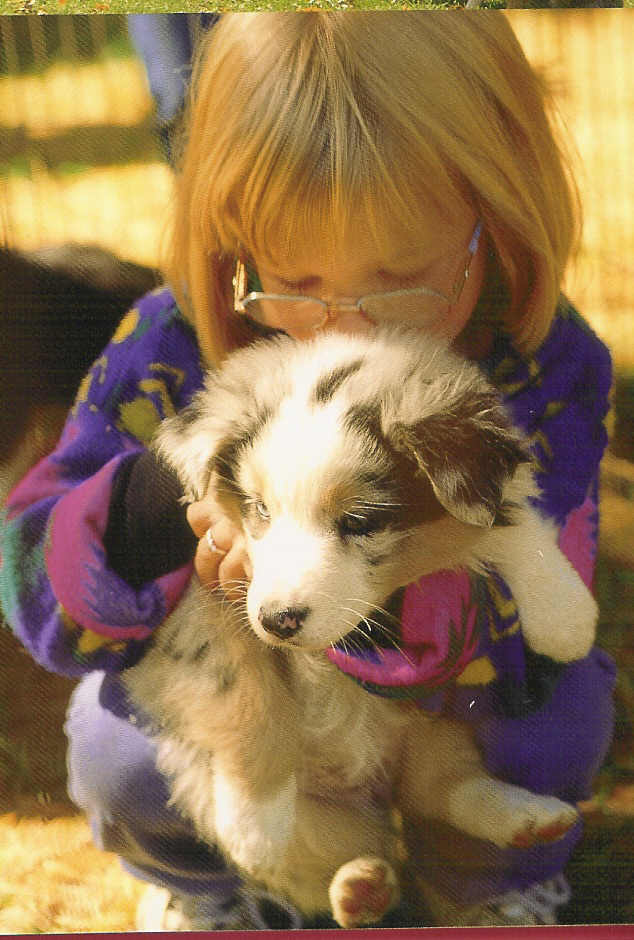Making sure that your puppy starts life out on the right paw from day one helps prevent canine behavioral problems from developing later in life. Puppies get new teeth until they are six months old. From four to six months of age puppy teething is a primary concern. That’s important to understand because when puppies teeth, their gums are sore and chewing makes their gums feel better. Later on, dogs chew because it’s fun. Occasionally dogs chew to relieve anxiety (canine separation anxiety) or boredom. The most common medical cause of chewing in older dogs is gum disease, which is called canine gingivitis.
PUPPY CHEWING SOLUTIONS:
One puppy chewing solution is to provide age appropriate dog toys to chew. Several pet products are available commercially, including safe edible dog bones and canine cotton “flossing” knots. You can also make pet chew toys as a family project. For example frozen washcloths, frozen green beans, kool-aid cubes, and fruit squares are fun activities for kids and parents and dogs love’em!
Avoid rawhide pet toys, most are soaked in formaldehyde, which is carcinogenic, (cancer causing potential) and avoid all real meat bones because they can splinter into sharp pieces which can damage your puppies stomach and intestines.
Don’t give your puppy your old shoes to chew on. Puppies don’t know the difference between old shoes and new shoes and most people don’t appreciate their new shoes being chewed up.
Older dogs that chew excessively may have a medical and/or a behavioral problem. First check with your vet: have a complete physical and dental examination. Eighty-five percent of dogs over three years old have gum disease, which is painful and is also a leading cause of canine heart disease. A professional dog dental cleaning generally solves the problem.
TIP: Get your new puppy out into the world and introduce him or her to as many new sights, sounds, smells and tastes as you can. Take your puppy out for a brisk walk before you leave him alone at home. Chances are your puppy will be inclined to relax and take a nap while your gone and leave your house intact.
FACT: Old shoes are not appropriate puppy chew toys!
Dr. Carol’s TIP: A selection of age appropriate dog toys will occupy your puppy’s time constructively.
KEEP YOUR PUPPY BUSY!
Pet Toys help keep puppies from becoming bored and chewing on household items like your furniture. Toys also stimulate your puppy mentally and encourage problem solving. Some pet toys are not only educational they are also instant canine boredom busters.
Other pet toys can be stuffed with pet treats like peanut butter, fresh veggies or cheese. Certain cube-type dog toys are divided up into compartments so you can load them up with your pets favorite treats and other goodies. As the puppy pushes the cube the treats are released to keep his interest and reward his efforts.











The knowledge about pet smells is very good. Your websites are very useful for me.
The knowledge about pet smells is very well our mind views in this website. I like this website.
Great site and fine content that you share for pets here.
Awesome ! So useful and important information about dog chewing you have shared. Thank you so much and please keep sharing this type of blog.